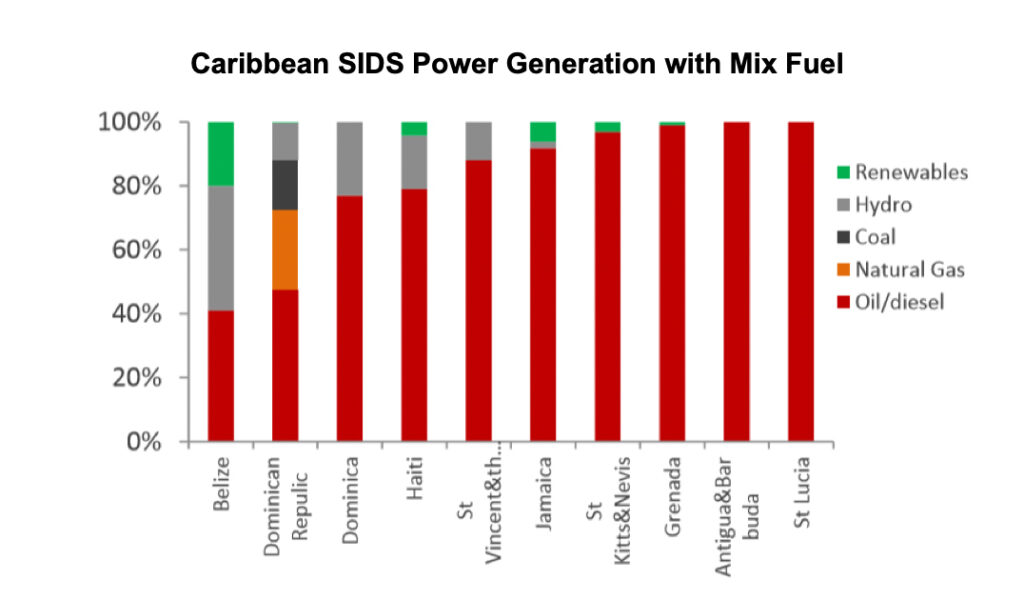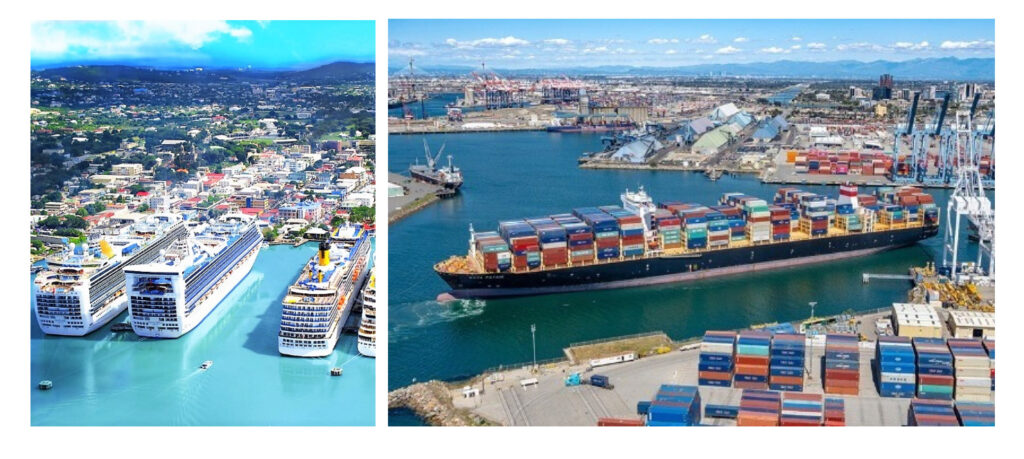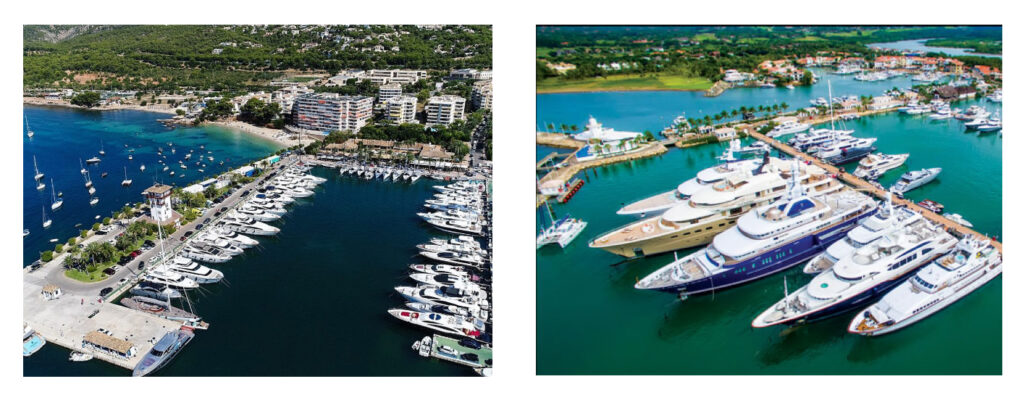By: admin
Washington, World Bank, March 20, 2020 (Sint Maarten ISWM)
The Aim Texas Consultants has prepared and submitted to the World Bank a Regional Waste Market Review report for Wider Caribbean Region. This study aimed to provide a better understanding of the nature and extent of waste market in Caribbean Small Island Developing States (Caribbean SIDS), revealing the obstacles and failures on applications in waste management, and shortages affecting the functioning of waste market, and thus indicates the nature of the regional realities and development tendencies in the market.
The report mainly comprised of the results of comprehensive review and research on waste management and waste management activities in and around Caribbean SIDS reviewing their waste management mechanisms, including intra and inter islands and regional processed or semi-processed waste material trade links, and the connections with the international waste markets.
Many of SIDS are classified as upper-middle income or high-income developing countries in Caribbean region according to level of their Gross National Income (GNI) by OECD-DAC and some International financing institutions for Official Development Assistance (ODA) eligibility. However, GNI per capita only reflects average national income. It does not reveal how that income is spent, nor whether it translates to better health, education and other human development outcomes.
There is a wide variation in mean incomes between SIDS. While the average nominal per capita GDP in the region by 2018 is around US$ 20,000, in 13 SIDS it is well below the regional average, especially in Haiti it almost equals to the world average poverty line (US$ 1.90 per day and US$ 694 per year).
Almost all heavy and mid-scale industrial activities are developed in Cuba and Dominican Republic as they have relatively high population, sufficient land resource, and large economies other than tourism and tourism related activities. Cost of energy services is among the highest in the world primarily due to high fuels transportation costs; access rates are high in most SIDS, but mostly based on imported fossil fuels. According to WB all SIDS in the world spend over USD 67 million per day for oil.

The CARICOM countries rely on imported fossil fuel for more than 90% of its energy needs. There is widespread recognition that the high cost of energy is undermining the countries’ competitiveness and growth. For many countries in the region, energy prices are three times as high as those in the United States, the major trading partner of CARICOM countries.
Energy challenges constrain sustainable economic development in Caribbean SIDS. Caribbean SIDS have identified energy-system resilience and renewable energy deployment as key goals in their energy transition. In this context, the Member States of the Caribbean Community (CARICOM) have set a regional target of 47% renewable energy contribution to total electricity generation by 2027. In the 2014-2018 period, solar PV has grown significantly among Caribbean SIDS, with 300 MW of new capacity installed, mostly in the Dominican Republic, Cuba and Barbados.
As almost all of the Caribbean SIDS, except Surinam and Guyana are sea-locked countries, transport for every activity for tourism, intra and inter-island and inter-continental transport are provided by air and marine routes and means in the region. Therefore, the ports and airports have utmost importance on economies, transportation and daily life in these countries.

Yachting activities developed at a high speed and brought new challenges and opportunities for development.

Waste generation in all Caribbean SIDS is around 18-mio tonnes per annum, 87% of which is generated by Independent States with large economies, Cuba, Dominican Republic, Haiti, Jamaica, Trinidad and Tobago, and Puerto Rico. Only 13% is generated other small island Caribbean SIDS.
WGRs vary significantly between Caribbean SIDS depend on their economy, tourism potential, income level, remoteness to the markets, and particularly absence or presence of integrated waste management system, and institutional, legal, financial policy and regulations. The difference is clearly seen between the independent small island SIDS and overseas countries and territories (OCTs). While the average WGR in Independent SIDS is around 1.14 kg per capita per day, it is almost two-fold (2.74) in OCT SIDS.
The WGR in OCT SIDS in Caribbean region is almost 50% higher than the world average (1.19 kg/capita/day), and more than two-fold in LAC (1.07 kg/capita/day). Tourism also increases the quantity of waste generated in Caribbean OCT SIDS with seasonal peaks.
46%of municipal wastegenerated in Caribbean SIDS is organic, 15% paper, 13% plastics, 7% Glass, 7% scrap metal fractions. When these ratios are compared with the waste generated in OECD countries, it is observed that waste generated in SIDS comprises of organic fractions almost 10% higher, and plastics 6% lower than the waste generated in OECD. The Caribbean approach to waste management is focused almost exclusively on the use of landfills given the low price of land disposal and the low or no-tipping fees. The pre-dominant means of waste disposal in LAC is open dumps as it is in most Caribbean SIDS. However, controlled landfill application is densely used in Jamaica with recent improvements, Trinidad & Tobago, partly Cuba and Dominic Republic, St Kitts and Nevis, Antigua & Barbuda, Dominica, Grenada, St. Lucia, and Barbados. But uncontrolled landfill use without any gate control and weighing of waste at the landfill entrance is still very common in some SIDS and OCTs such in Belize, Haiti, Sint Maarten, and Aruba.